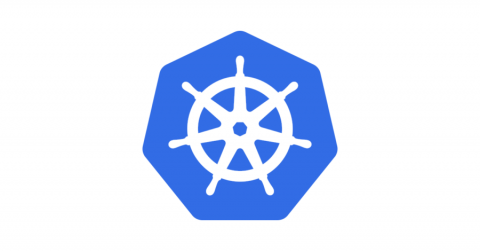Operations | Monitoring | ITSM | DevOps | Cloud
Tigera
Why Can't We Be Friends? - Kubernetes in a Zone-Based Architecture World
Getting started with Jaeger to build an Istio service mesh
Service mesh provides a dedicated network for service-to-service communication in a transparent way. Istio aims to help developers and operators address service mesh features such as dynamic service discovery, mutual transport layer security (TLS), circuit breakers, rate limiting, and tracing. Jaeger with Istio augments monitoring and tracing of cloud-native apps on a distributed networking system.
Solving Kubernetes Configuration Woes with a Custom Controller
Two years ago, Pusher started building an internal Kubernetes based platform. As we transitioned from a single product to multiproduct company, we wanted to help our product teams spend less time worrying about shared concerns such as infrastructure and be able to focus more on writing business logic for our products. Over this period, our platform team have solved many of the problems that Kubernetes doesn’t solve out of the box. Until recently, we had not solved the problem of configuration.
What's new in Calico v3.8
We are very excited to announce Calico v3.8. Here are some highlights from the release. You can now view IP address usage for each IP pool using calicoctl. This allows you to more easily manage the IP space in your cluster, providing a simple way to see which IP pools have addresses available and which are running low. See the calicoctl reference documentation for more detailed information on how to use this feature.
kr8 - Configuration Management for Kubernetes Cluster
This article originated from http://leebriggs.co.uk///blog/2018/11/07/kr8-kubernetes-config-mgmt.html Previous visitors to this blog will remember I wrote about configuration mgmt for Kubernetes clusters, and how the space was lacking. For those not familiar, the problem statement is this: it’s really hard to maintain and manage configuration for components of multiple Kubernetes clusters.
Single Sign-On for Kubernetes: The Command Line Experience
One of these problems is that Kubernetes has no login process. Ordinarily, the client software would initiate this login flow, but kubectl does not have this built in. Kubernetes leaves it up to you to design the login experience. In this post, I will explain the journey we took to get engineers logged in from the terminal and the challenges we faced along the way. The first step to SSO was to set up Dex as our Identity Provider.
KlusterKit - Enable Kubernetes based Architectures in Air Gapped Deployments
Early adopter enterprises across verticals such as Retail, Manufacturing, Oil & Gas are looking to incorporate containers and Kubernetes as a way of modernizing their applications. Choosing k8s as a standard ensures that these applications can be deployed these on different data center infrastructures (bare metal/VMware/KVM on OpenStack etc) or on public clouds (AWS/Azure/GCP etc).
10 Reasons You Should Run Your Serverless Applications & FaaS on Kubernetes
Over the last year, along with Kubernetes, Serverless computing platforms have acquired tremendous mindshare among the development community. As Serverless implementations begin to proliferate, I want to make the case that there are tremendous synergies to be gained by bringing both these paradigms together. Some of these benefits have been covered in previous posts. The majority of enterprises are embarking on their DevOps journey. Scaling such processes across a large enterprise is complicated.
Kubernetes issues and solutions
Hi all! I am a part of the architecture team at Avito.ru, one of the world’s top classifieds (read more about Avito here). In this post I want to share our experience in implementing kubernetes at scale. Kubernetes is a powerful orchestration tool that helps us manage dozens of microservices, support robust and fast deploy. It’s really cool that we don’t have to manage resources manually, think about service discovery and so on.







